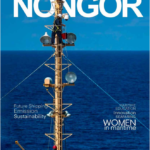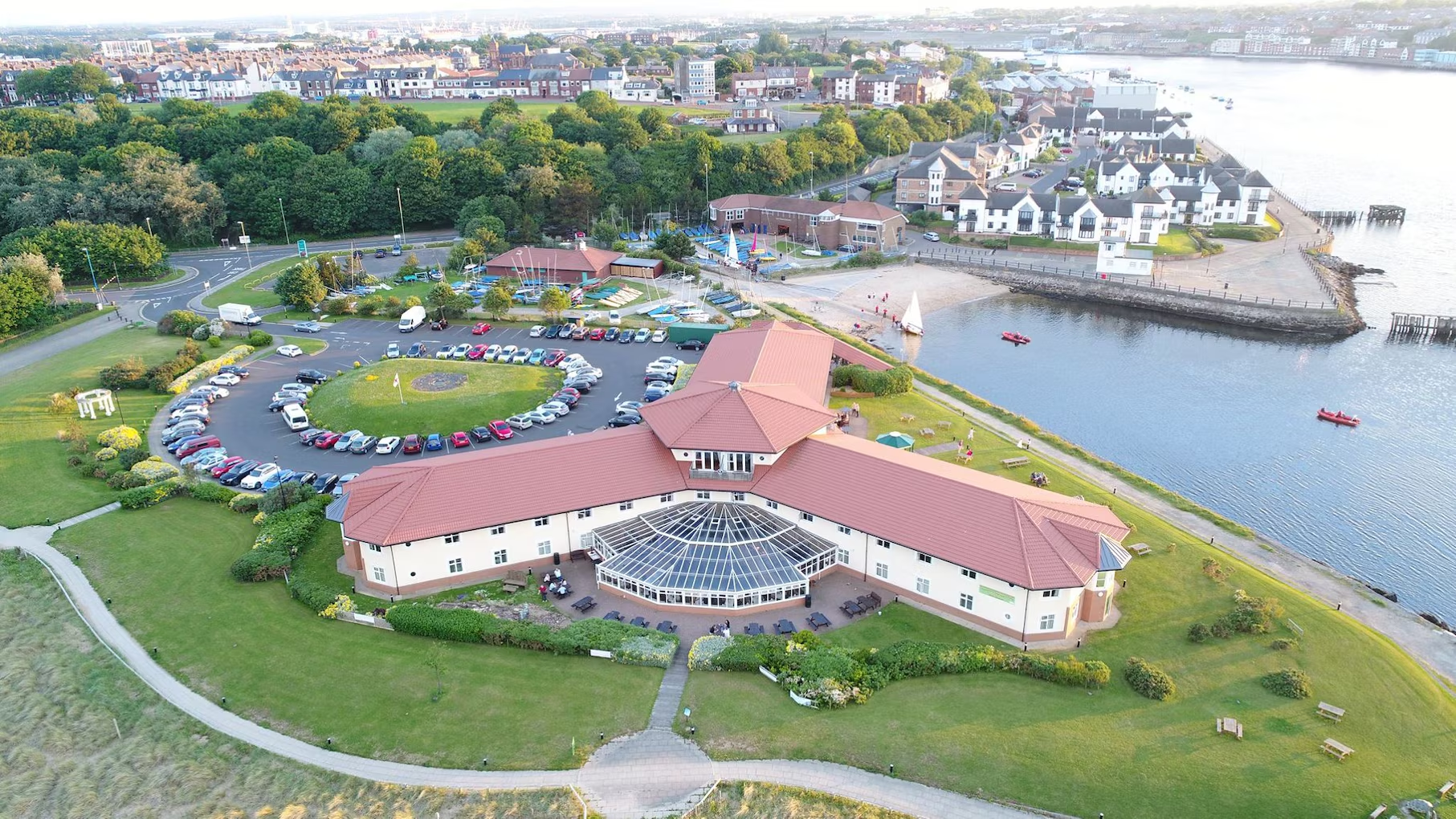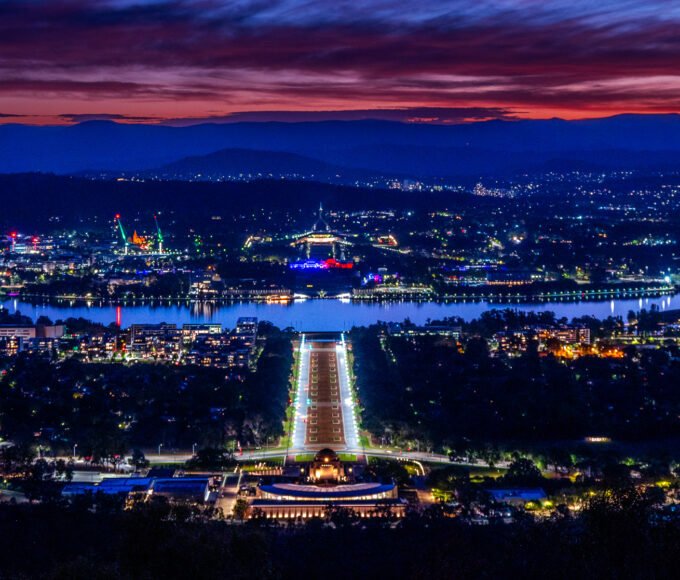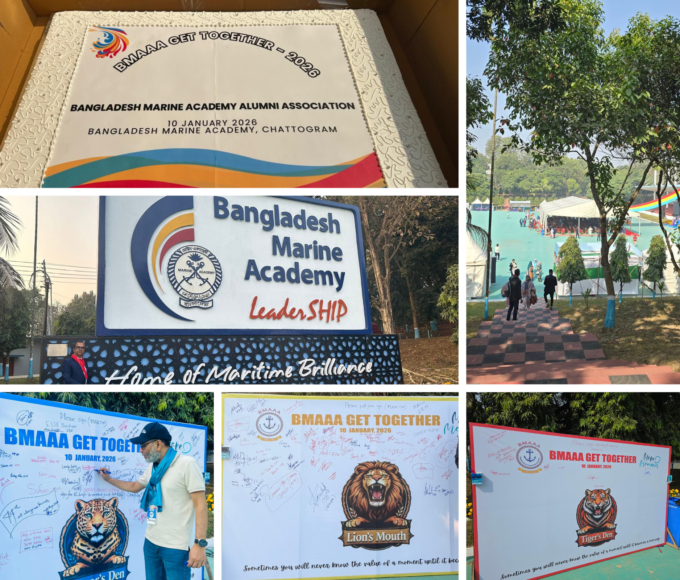ILO-MLC-2006 (International Labour Organization – Maritime Labour Convention, 2006) has already received the required number of acceptance and accession; and shall come into force in August, 2013 which is only days away. Has Bangladesh signed up the Convention? Even if Bangladesh does not become a signatory, Bangladesh cannot escape its enforcement. Party States shall enforce the provisions of the Convention to all visiting ships including Bangladesh ships. Obviously Bangladesh ships will have to comply with all the requirements. Then why not become a Party State and be a member of the civilized community of maritime states? The world will not stop for us. They don’t care about our bureaucratic problems. They will go ahead with their implementation process. Even tiny little Cook Islands have taken necessary action to safeguard their interest. We will suffer for our lack of action. The nation as a whole will suffer because of the lack of political will. We may have continuous political turmoil but that will not stop the world from moving ahead. There is still time, we must wake-up and do what we have to do.
Bangladesh is a poor labour supplying country. We also have seafarers not only manning our own vessels but many more are employed all over the world. On many occasions our seafarers have been deprived of their legitimate rights and at times even stranded abroad. This Convention has been commonly referred to as “Seafarers’ bill of rights”. We should have embraced the convention ahead of others. In fact we should have been one of the first to accept to bring in force the convention as we have lot to gain. MLC-2006 consolidates several ILO conventions into one effective instrument. It provides for fair employment opportunity, safe work place and environment, good food, accommodation and health care without any discrimination. It even provides for minimum period of rest for wellbeing of the seafarers. I find no reason for Bangladesh to sit idle and remain silent.
We all know that the link body of ILO at our national level is the ministry of labour. However, the Convention deals with ships and seafarers. It makes sense to leave it with ministry of shipping and department of shipping. As a matter of fact seafarers’ training, certification, employment, article of agreement, discharge and dispute resolution are being dealt by maritime administration right from the days of British rule. They are already embodied in our merchant shipping legislation. I still remember when I was the director general of the department of shipping I moved to the government and got the seamen’s welfare section transferred from the ministry of labour (perhaps in December ’90 or January ’91) to the department of shipping. The department of shipping took immediate possession of Seamen’s hostel from the ministry of labour and utilized most of it to establish the Seamen’s School. The idea was to keep everything under one roof and maintain one window service. Even when there was no IMO, maritime administration implemented all ILO conventions relating to seafarers. Present MLC-2006 has mostly unified those existing Conventions and there is no need to suddenly divide the administration by transferring some of its traditional roles. Most of the developed maritime nations view it that way. As a matter of fact both EMSA and Paris MOU have already agreed to include all inspections under MLC-2006 as part of their port state control procedures which is conducted by respective maritime administrations.
The existing Bangladesh Merchant Shipping Ordinance has enough scope and powers to make regulations for implementing MLC-2006 and we should do so immediately. However, our merchant shipping law itself is very obsolete and outdated. It is time to review the law and re-write the same by inclusion of the provision of latest maritime conventions including MLC-2006. However, we must not delay implementation of MLC-2006.
Bangladesh being a major ship-breaking country will have to soon focus on another international convention known as Hong Kong Convention that deals with environmentally safe dismantling of disused ships and structures. This is an IMO Convention in the sense that the diplomatic convention was convened by IMO. In this case though the ministry of shipping is the link body of IMO, it will be more sensible for the ministry of industries and the department of environment to deal with its execution because ship-breaking is a purely shore-based industry.
It was nearly a year back that I wrote the first article on MLC-2006 which was published in a number of newspapers in Bangladesh. There I focussed on “recruitment and placement services” as referred to in MLC-2006 and how we should re-arrange our administration to comply with this requirement. According to SOLAS/ ISM and STCW there is no separate entity as RPS because the ISM Company is supposed to be responsible for proper manning of the vessel with duly qualified seafarers. These management companies are mostly based in places like Hong Kong, Singapore, Cyprus, Glasgow and Hamburg. They recruit seafarers from third world countries like Philippines, Indonesia, Vietnam, Bangladesh and Myanmar through their local agents. Knowing very well that seafarers are often deprived and even some times stranded abroad, MLC-2006 decided to give some key role and leverage to seafarers national administrations by giving them the power to license such RPS. In order to get full benefit of this clause, Bangladesh must privatise RPS with licenses issued to local companies that have necessary expertise of SOLAS-ISM, STCW and MLC-2006. The Government Shipping Office under Department of Shipping must be re-named as Seafarers Employment & Welfare Office; and it is this office that should take over the function of overseeing the performance of RPS.
I conclude this article by making one final appeal to the prime minister, minister of foreign affairs and minister of shipping to kindly take immediate measures necessary to protect our shipping and our seafarers. It is the hard work of our entrepreneurs and our seafarers that shipping has reached a respectable stage. We are now a member of the IMO Council. We must not fail. We have to act and act now.
_____________________________________

Fazlur Rahman Chowdhury <fazlu.chowdhury@btinternet.com>
[The write from the 1st batch of Marine Academy, Bangladesh]
Credentials of Capt. Fazlur Rahman Chowdhury
1. Master of Science (M.Sc.) – World Maritime University – 1988
2. Doctor of Philosophy (PhD) in Maritime Administration – 2001
3. Chief Nautical Surveyor & later as Director General of the Department of Shipping, Government of Bangladesh
4. Marine (Nautical) Surveyor & Examiner with UK-MCA (1991-96) and then (1997-1999) Deputy Chief Examiner of Seafarers
5. Maritime Administrator & Registrar of Ships, Government of Gibraltar (2000 -2004)
6. Maritime Adviser, General Organisation of Sea Ports (Ports & Maritime Administration), Kingdom of Bahrain (2008 – 2011)
















Leave a comment